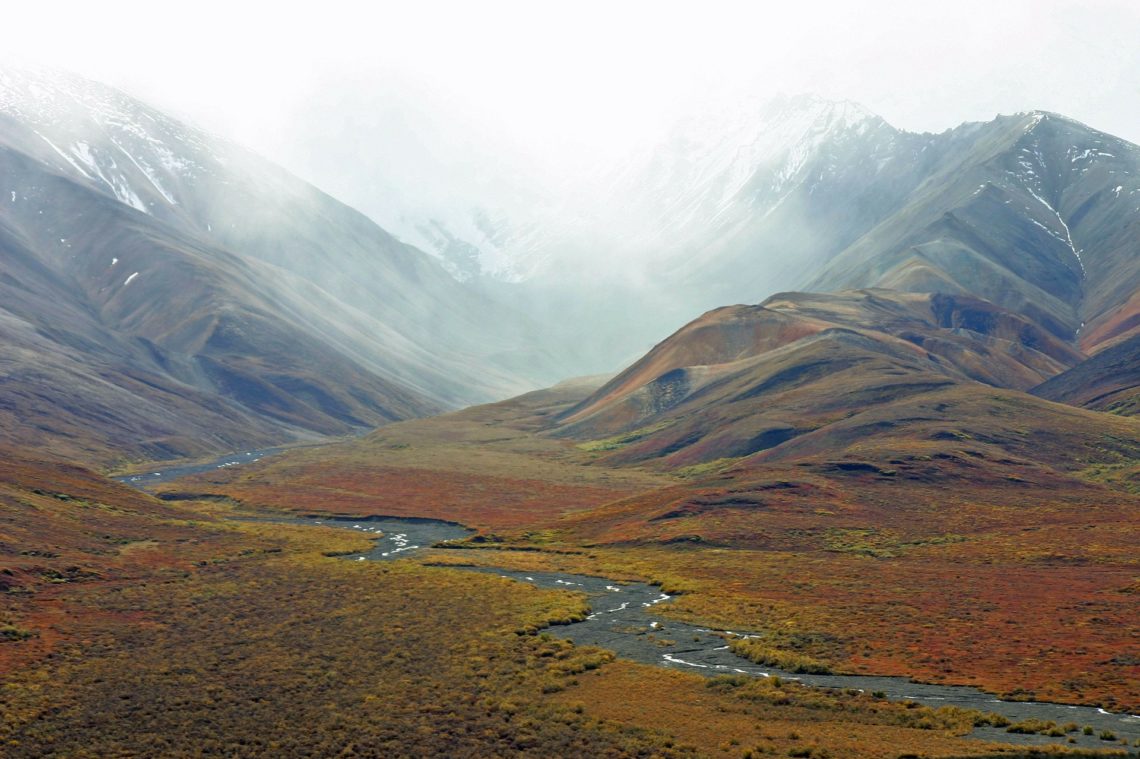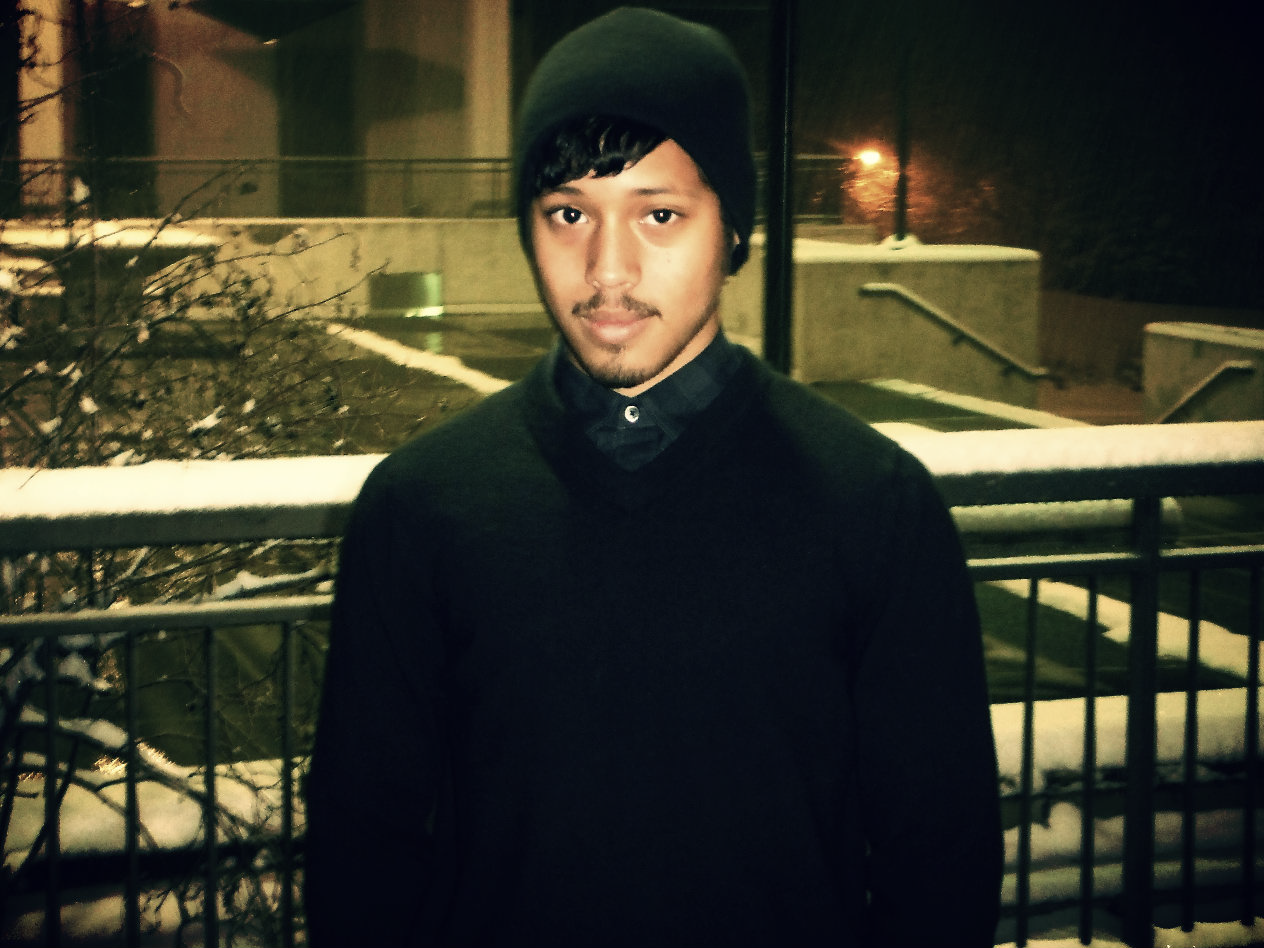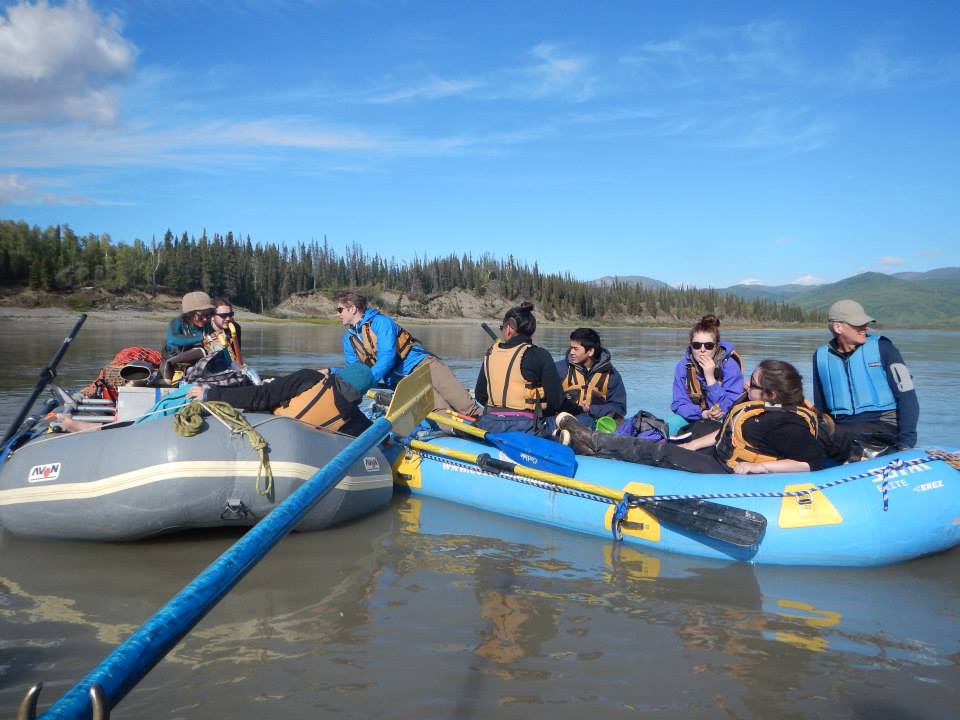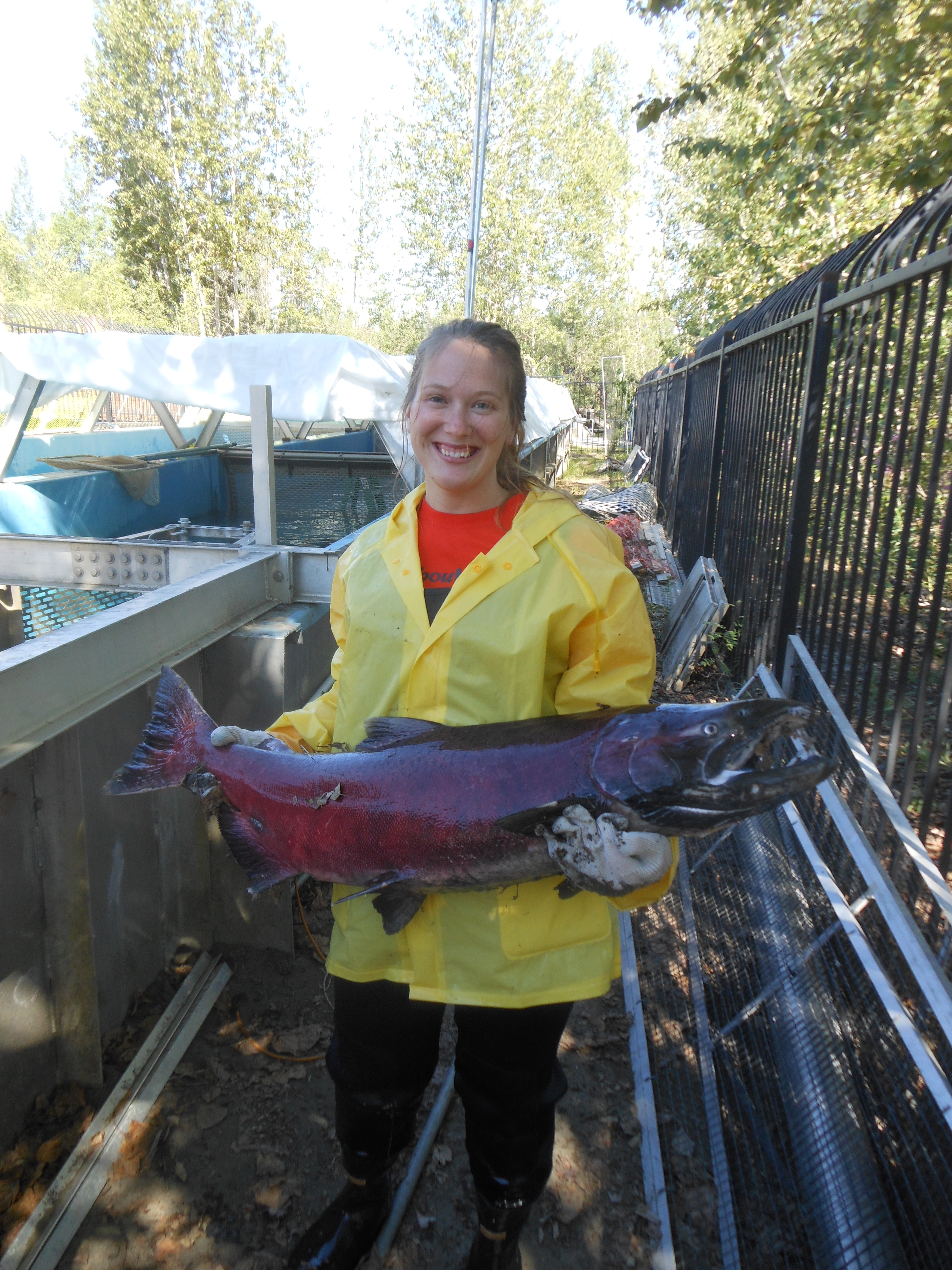by Julia Ditto
It was the first of July, and the thirty-first day in the Brooks Range for our team of five. The crew was led by Dr. Roman Dial, a professor and biologist at Alaska Pacific University. The three others and I were all undergraduates. Russel Wong, our mathematician, Duncan Wright, our musician, and I, the artist, were all students from APU. Ben Weissenbach, our writer and fourth undergraduate, was from Princeton University on an assignment to write an article about our adventurous scientific expedition. Little did we know, the next few hours were about to be the most adventurous of our entire six-week expedition.
We departed camp as occasional thunder echoed across the vast expanse of the Northern Coleen River drainage. The morning overcast skies had brought light showers while we packed up camp, but it was of no concern compared with the dark thunderheads that were forming to the west, the same direction that had brought heavy rain the day before.
We had a short 5 miles of walking between us and our next food drop at the Coleen River airstrip. Returning to the reliable caribou trails we had been following the night before, we headed east, thankful to be moving away from the coming storm.
A quarter of an hour had passed when the landscape around us began to darken. The sky, the mountains, even the tundra and trail at our feet began to lose its saturation. As the wind began to blow at our backs, the birds disappeared. Even the ever-present mosquitos had someplace better to be. We quickened our pace.
About an hour after leaving camp, Roman stopped the group.
“Listen,” he prompted, “the thunder hasn’t stopped.” He was right. A nebulous boiling wall of clouds was rapidly approaching us, and from within, electric flashes were accompanied by a never-ending rumble. Before the echoes of one thunderclap could dissipate, another lightning strike would add to the chorus. We could feel each rupture resonate in our chests as if each wave of sound had a physical presence as it raced over the landscape.
Soon the storm was upon us and lightning flashed overhead. We donned our rain gear as the first large raindrops began to fall. The rain soon turned to small hailstones, no bigger than the head of a sewing pin. The solid white precipitation sent smiles and joyous laughter through the group–hail was much preferred to the wetness of the rain. However, this storm was about to put that preference to the test.
About 30 paces after the hail began, the size increased from pinhead to small marbles. We continued to laugh as they stung our calves. How unusual the hail was for Alaskan weather! The light pain was thrilling. We were nearly running down the trail as we succumbed to a mentality of crazed joy.
Suddenly, a sharp pain shot through my right shoulder. I let out a gasp and spun to seek out the cause. To our horror, a hailstone with the diameter of a quarter was sitting on the ground. It wasn’t long before more of the same caliber were falling. Excitement turned to panic, and with Roman in the lead, we ran toward a small stand of willow bushes.
Roman dove beneath one of the willows, pulling out his foam camping pad for protection. Ben grabbed me, and together we hid under his pad and our packs. Russel and Duncan did the same a few feet away. Even at that short distance, we could only hear the loudest of their expletives over the pounding sound of ice and thunder.
With my knees curled under Ben’s side, he offered to share his tart dried cranberries. Up until that moment I did not care for such a snack, but the storm made them perfectly delicious. It is a flavor I still crave to this day.
Ten minutes passed and the drumbeat of hail had stopped completely. We emerged into a world of white, remarkably different from the one we were in minutes before. Around us the ground was covered in a two-inch-deep blanket of hail. Most shocking of all was the three-mile-wide swath of winter the storm had left across the landscape. It was as if the gods had taken a colossal paintbrush to the tundra.
We descended into a willow forest as the sun broke through the clouds. It felt like a dream as we weaved our way through the jungle of willow branches, their red bark contrasting with the ice-covered ground. The world glistened around us, and at our feet lay the aftermath of the storm. Willow leaves and conifer branches had been torn from the trees. Aromas of battered spruce, crushed Labrador leaves, and thawing ice hung in the crisp, cool air. Among the destruction, there were also signs of resilience. Some wildflowers remained, with pink, yellow, and purple petals shining in the sunlight.
I recall every moment of this event fondly as I reflect on the importance of contrast. Contrast amplifies the beauties of our world—thunderclouds and sunlight, summer and winter, exposure and shelter, destruction and resilience. It seems as if smiles shine brighter in a storm than in the sun.






2 Comments
Carmen
The writer had me envisioning myself under the mat watching the hail come down, smelling the fresh air, and looking for the taste of the dried cranberries. I was hearing the thunder and I pictured the lightening as it lit up the sky. The writer had me right there in the experience of it all. Very well written.
kirsten
Julia had me feeling the thunder and smelling the amazing smell of rain. She also had me seeing how the sun shines through clouds. And how the sun spots shine onto the tundra. It made me feel amazement for nature.